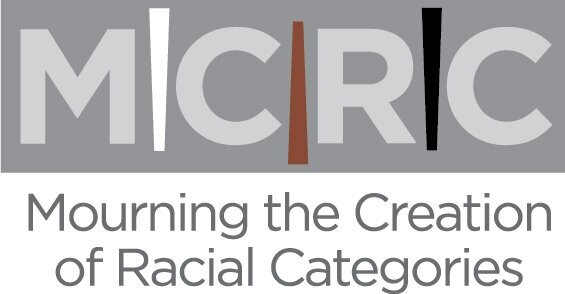How Race Has Estranged US: An Invitation to Talk
How Race Has Estranged US: An Invitation to Talk by Joan Ferrante is about building readers’ confidence to engage in informed conversation about race and to think in sociologically-informed ways about conversations as observational data. In preparation for the conversation, readers work to become self-aware—to assess how their identities are racialized—and to empathize with those they perceive as belonging to other racialized groups. Through interactive assessment exercises, readers are prompted to assess how they think about race and whether their mindsets need to be transformed. Cultivating self-awareness, empathy and openness to transformation is vital to becoming an effective agent at making constructive social change regarding race.
While the most obvious “goal of the book is to get a conversation going about race” it is about more than that; it is ultimately about shifting perspective. The book cuts to the heart of the U.S. experience of race by connecting contemporary experiences with collective traumas rooted in the processes by which categories were created. Most notably the traumas revolve around the severing of biological, family, ancestral, romantic, and other bonds that resulted from interactions between people who crossed racialized boundaries. Those severings were supported by laws put in place to control and to make an illogical categorical system work. It is a book that gives voice to individual stories–that are part of the 400+ year past and the present – and that draws parallels between the creation of categories and our way of thinking about race today. The book makes the connection between how people have supported, invested in and resisted the categories created to divide us and how those categories have invaded identities, interactions and social structures today.
Only by acknowledging and validating the trauma behind the creation of categories and their lasting consequences can we heal the wounds that fester today. The book evokes emotions that draw in readers and drive personal transformation while never reducing race to just an emotional issue. The ultimate goal is to change readers assumptions about who we are. Changing assumptions is the first step toward transforming the way we perceive race and go about interacting with different race-labeled peoples. This transformation prepares us to work through the real problems that are the legacy of racial categories.

